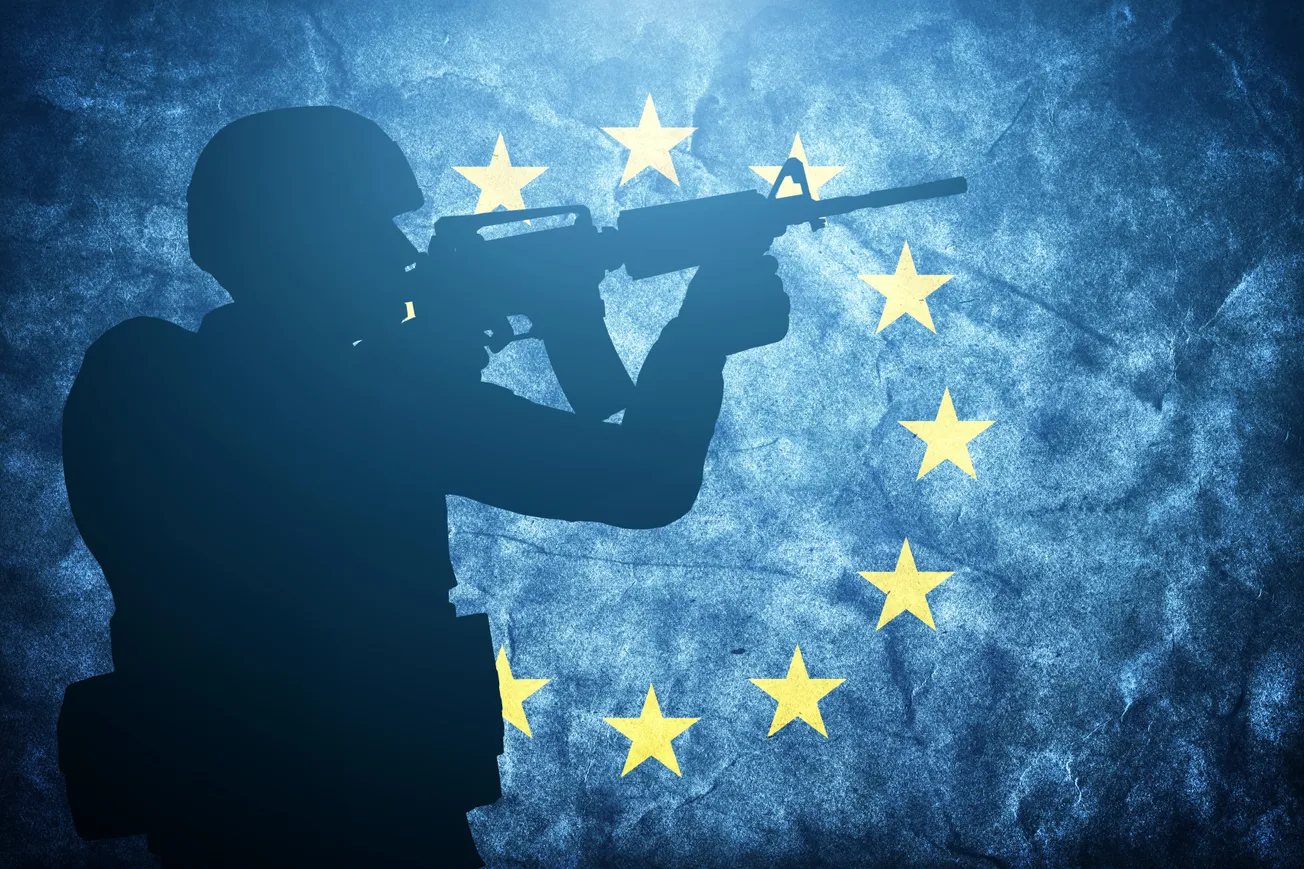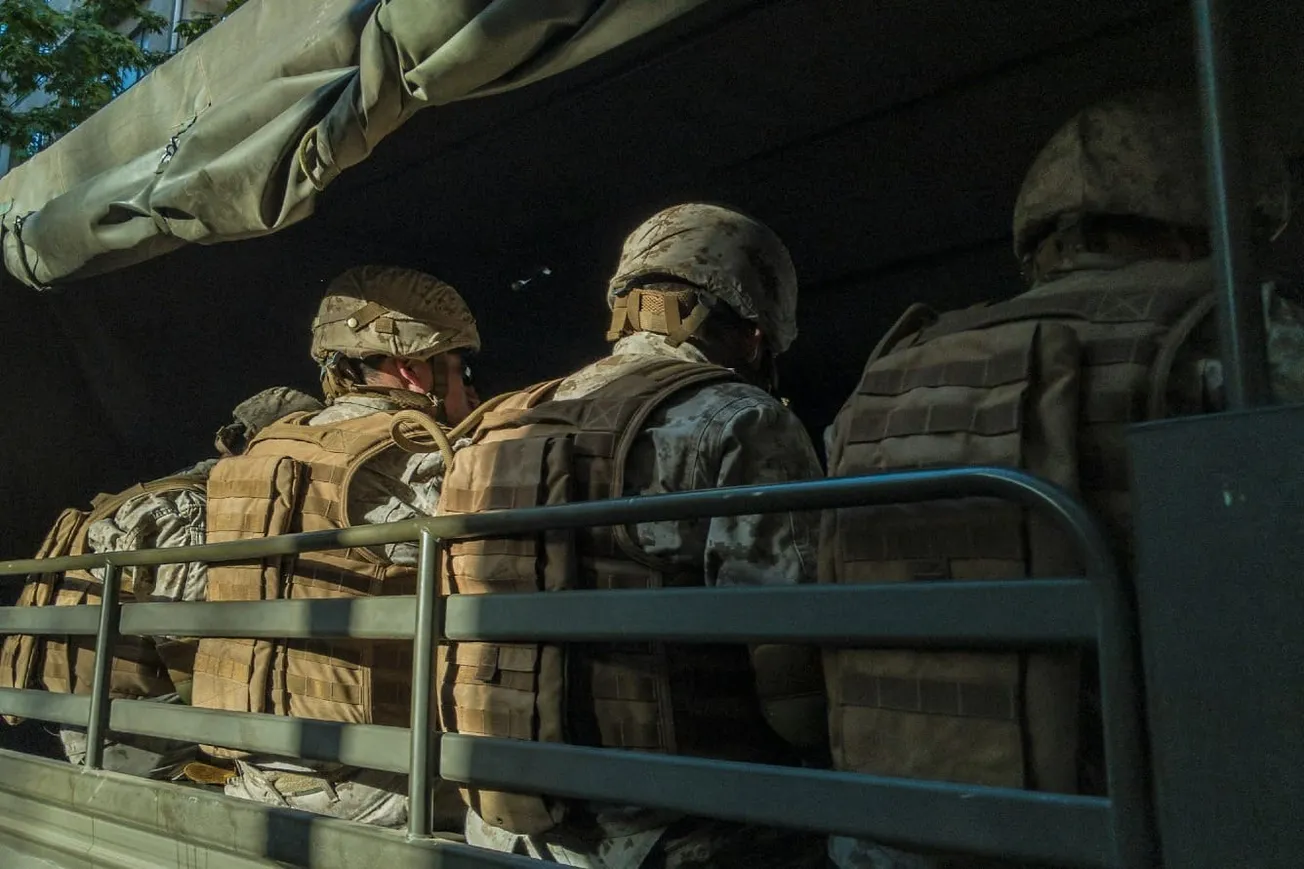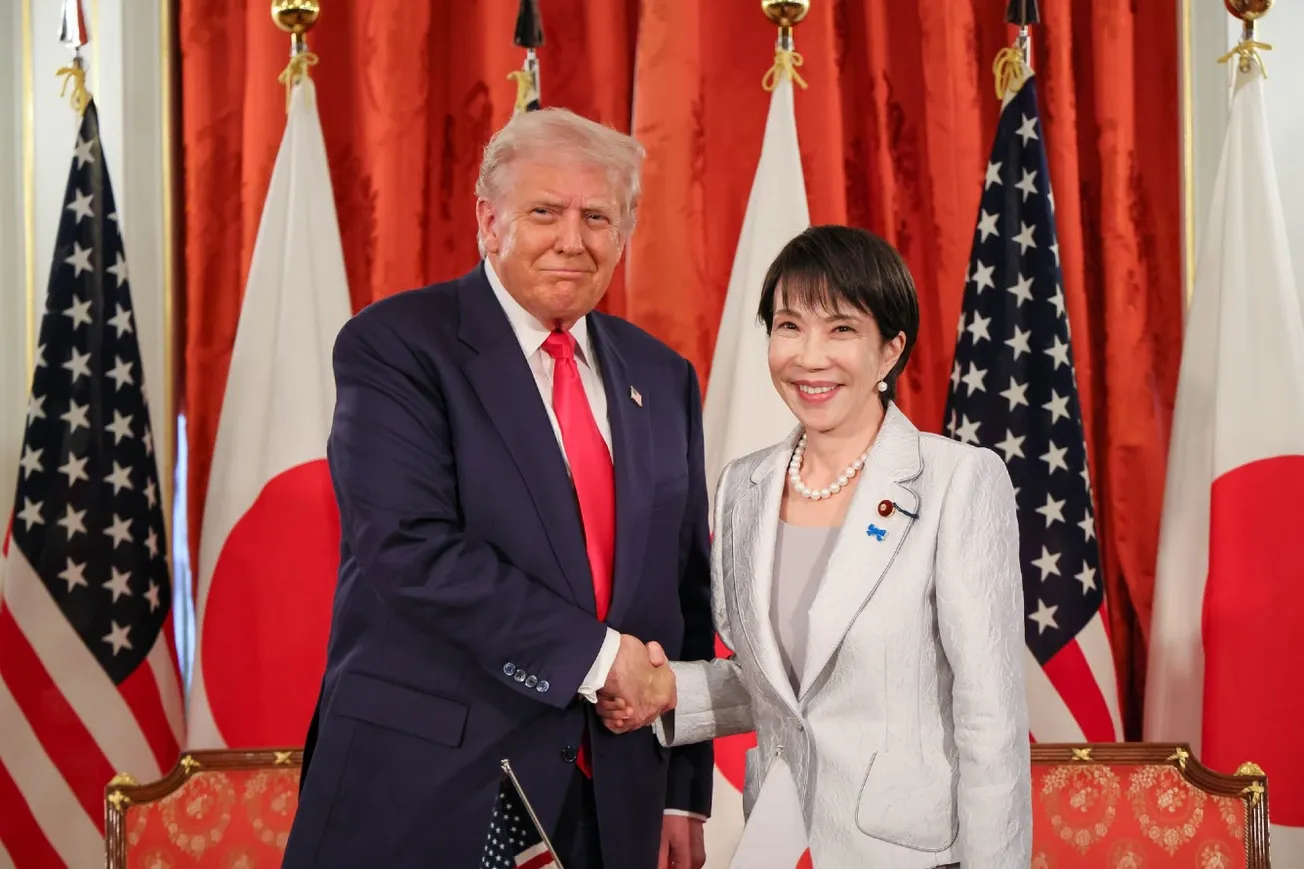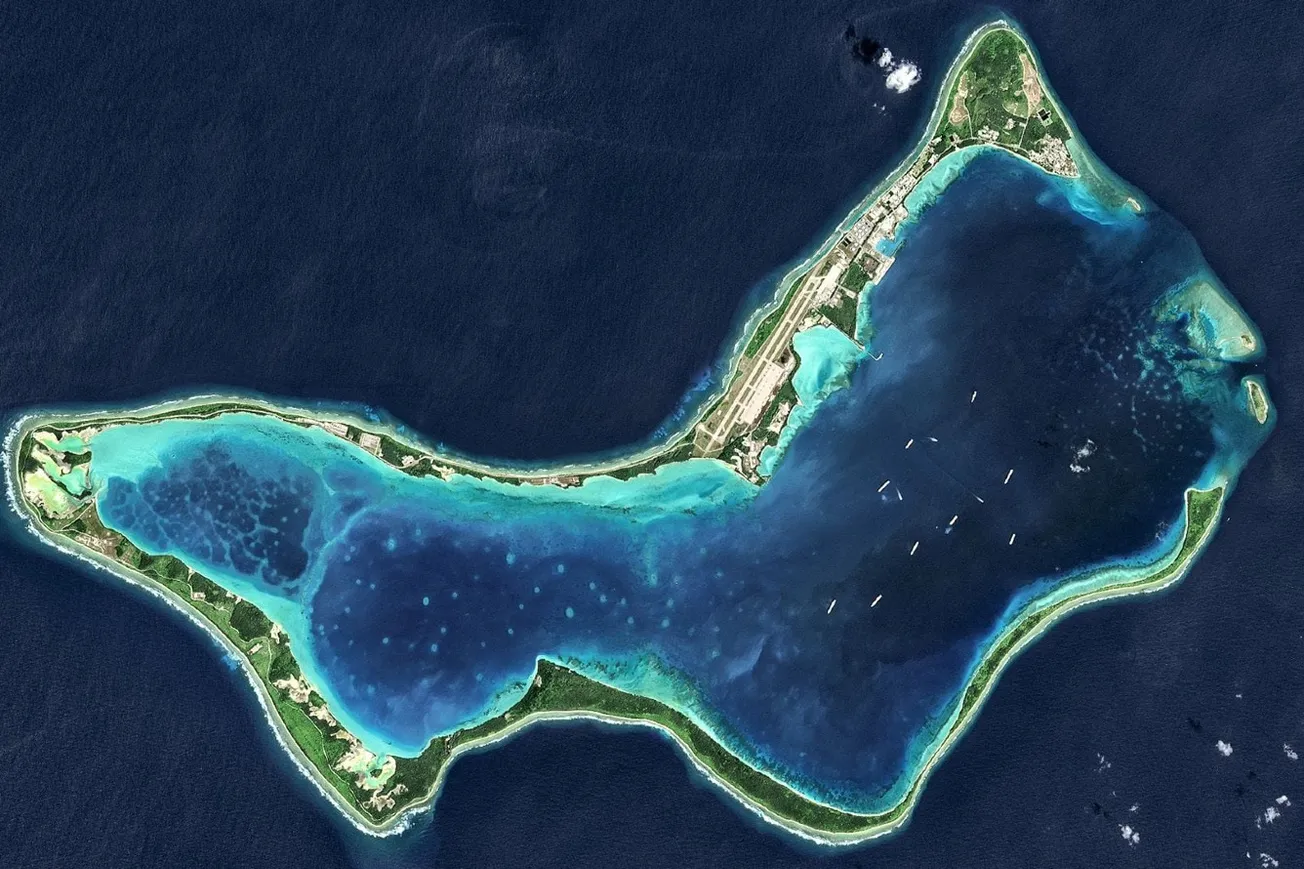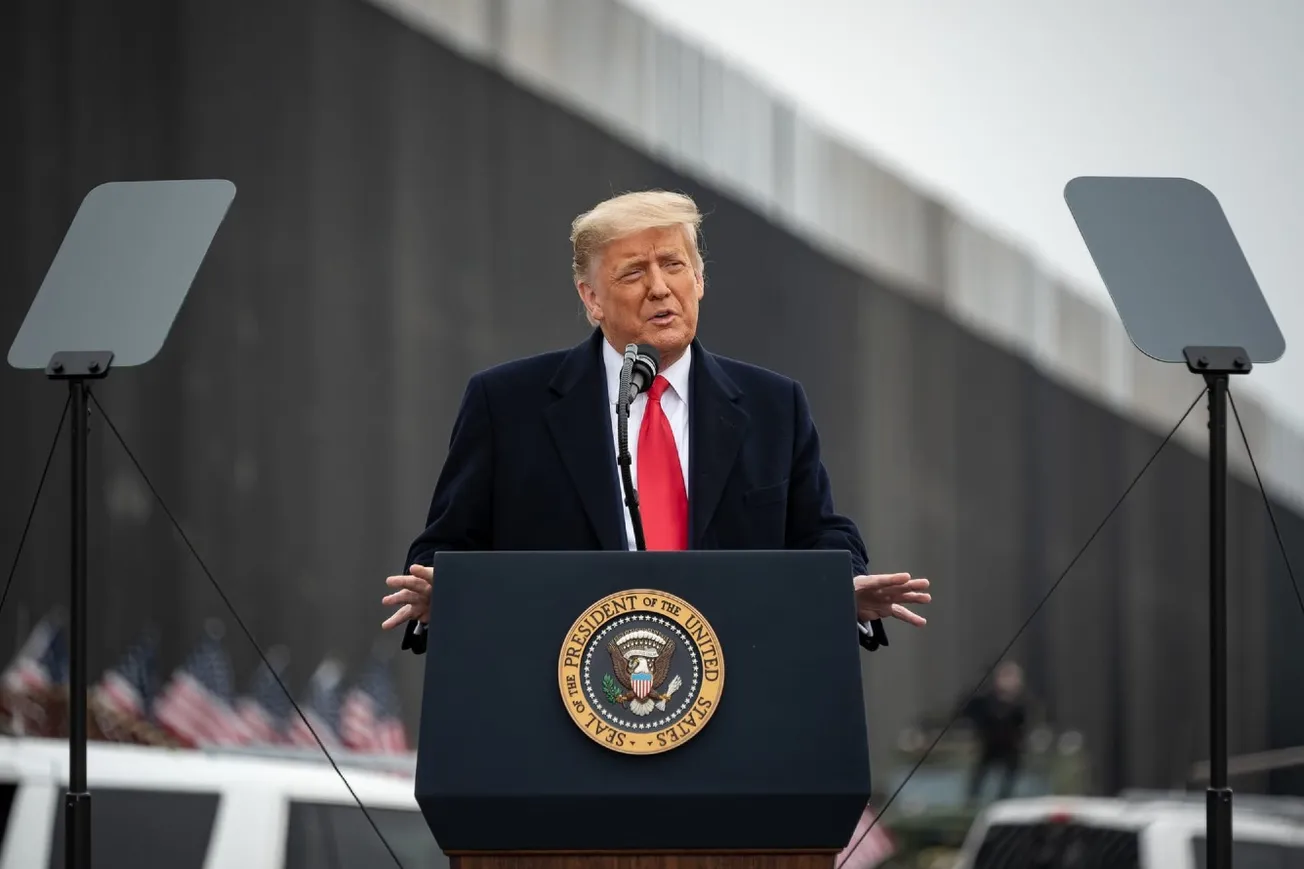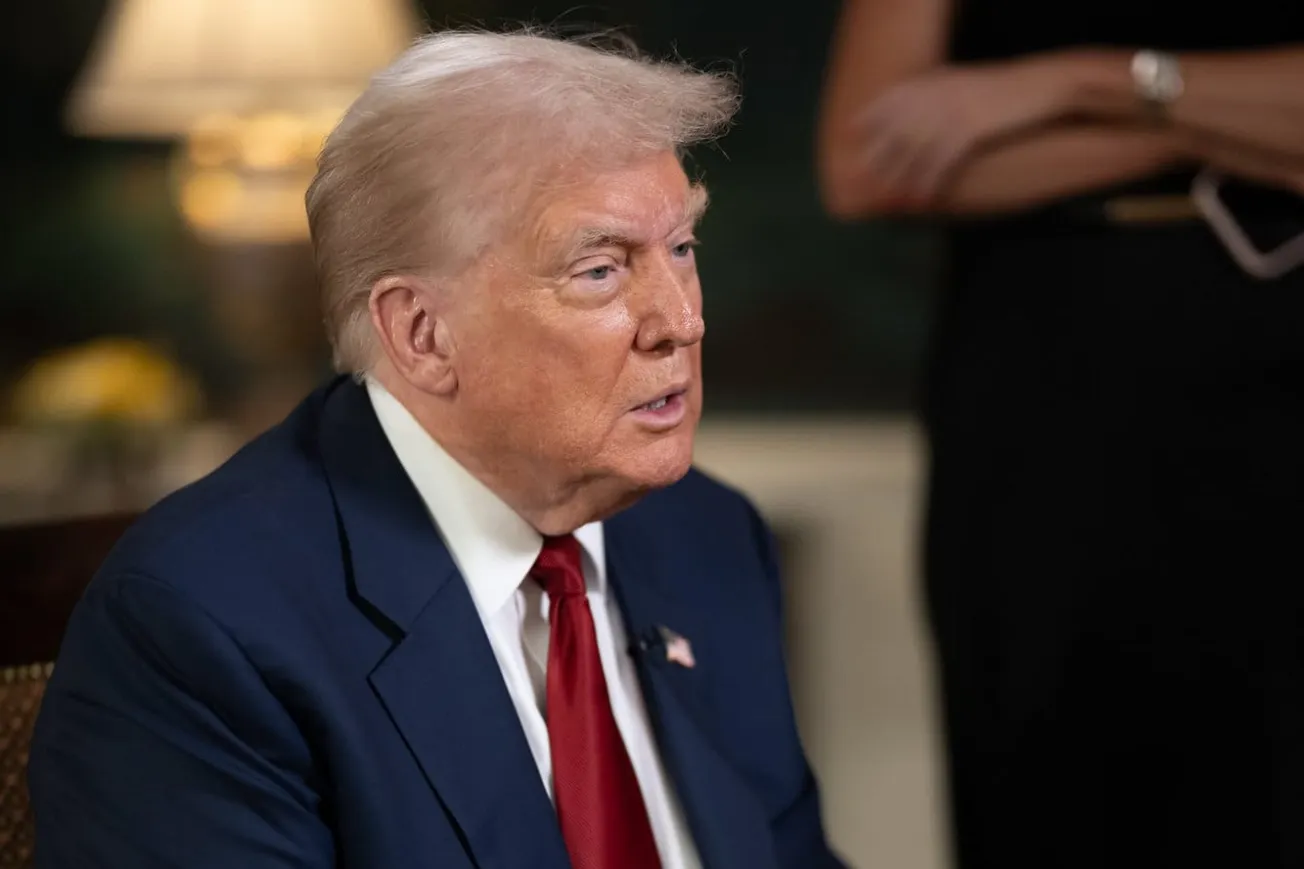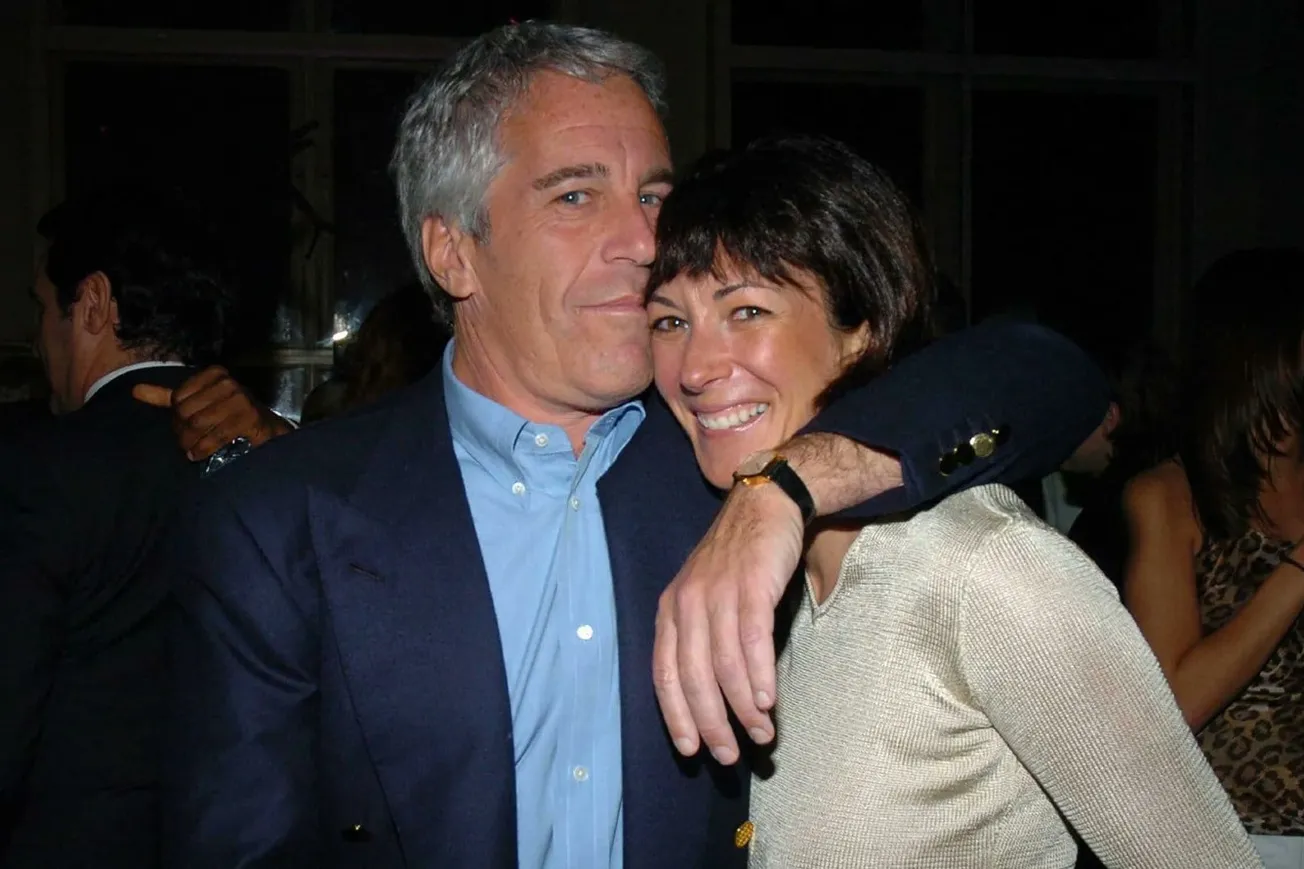By Philippe Legrain, Project Syndicate | Feb 19, 2025
How can European countries possibly afford to increase military spending at a time when their economies are weak, public finances are stretched, and many voters are loath to accept cuts to other government spending? In fact, there is no shortage of options – and, with the United States going its own way, no room for further delay.

